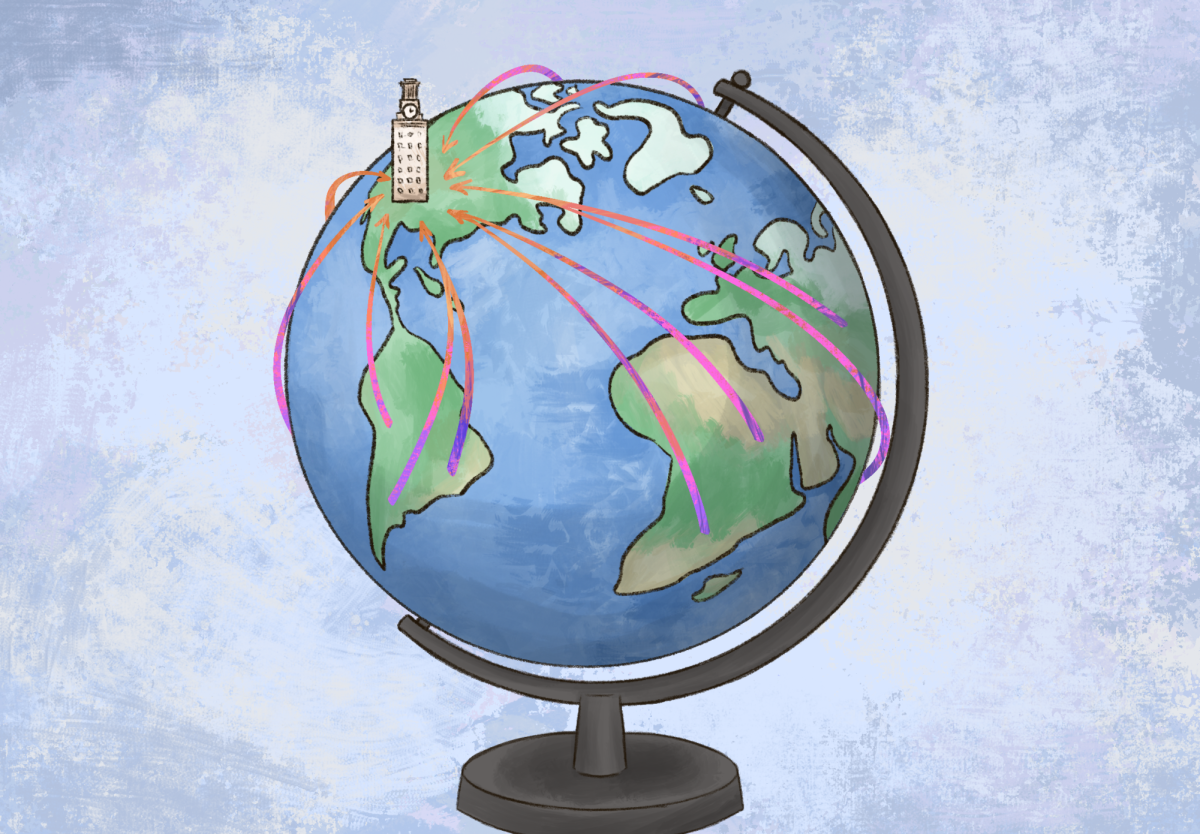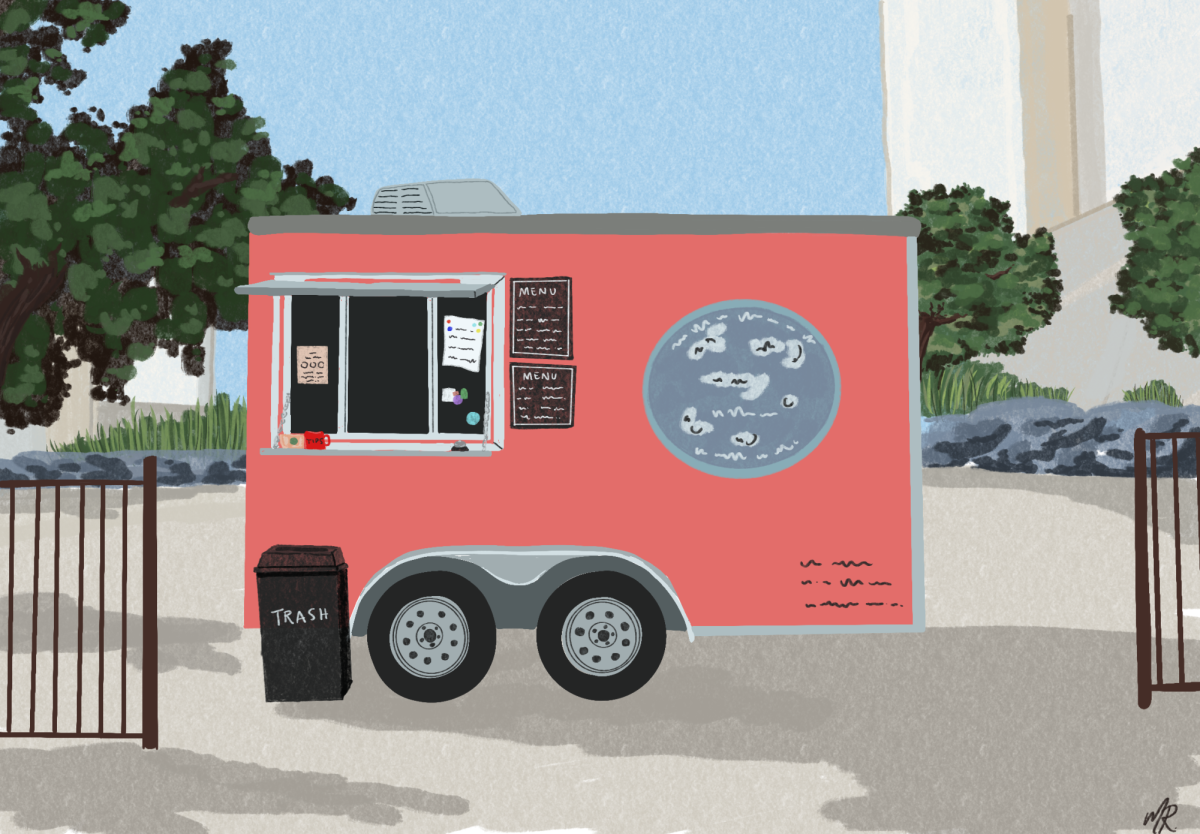At approximately 3 p.m. on Oct. 9, my dad received a frantic phone call from a family member in Egypt. All my family could hear was my dad saying, “Hello? What, Michael?! I can’t understand what you are saying! What massacre happened?!”
My mom and I instantly shot glances at each other and rushed toward the television to switch the channel to an Arabic news station. The headline read, “Egyptian military kills dozens of Coptic Christians.” Reading this headline left a sinking feeling inside my stomach. As tears started to blur my vision, I sunk down into the couch and realized the efforts of the January Revolution have been in vain and Egypt may never experience the joys of freedom, human rights and democracy.
Coptic Orthodox Christians make up about 10 percent of the population in Egypt. This minority has sustained a history of persecution and continues to experience daily prejudices in the school and work place. In addition, Egyptian law requires Christians to receive a presidential decree to allow the construction of a new church and that they state their religion on their national identification card. As a Coptic Christian living in America, I find that it is my responsibility to be a voice for this oppressed minority.
Sectarian violence broke out in Cairo on Oct. 9, leaving 25 Coptic Christians dead and more than 300 wounded. Over one-third of the deaths were from being run over by army vehicles. BBC News called it the “worst violence since Egypt’s former President Hosni Mubarak was ousted in February.” On this day, thousands of Coptic Christians protested against a church that was burned in the Aswan province by Muslims radicals. Rather than being able to demonstrate peacefully, the Copts met bullets and tear gas from the soldiers.
The nature of this violence was not just a feud between the military and the Copts. There were intermediary groups that instigated the conflict and wanted to disrupt national unity.
In 1952, Egypt experienced its first national revolution as it overthrew King Farouk. Parallel to the January revolution, the military also gained control after the king fell. Elections were planned, but ultimately, the fate of Egypt was left in the hands of the military. Leaders of the military became the leaders of the State, which later perpetuated this quasi-democratic experience. The military gave birth to all of Egypt’s modern leaders, including Gamal Abdel Nassar, Anwar El-Sadat and Hosni Mubarak. Today, the acting president of Egypt is Field Marshal Mohamed Hussein Tantawi.
Since the 1952 revolution, Egypt has been in the hands of military protégés. On Oct. 9, it was clear that the military was no longer interested in protecting the people, nor did it have the national interest in mind. During the January revolution, Copts and Muslims held hands saying, “We are one.” This was the national interest; Egyptians wanted unity and peace. However, the military’s aggressions towards the Copts show otherwise.
On Oct. 12, the Egyptian military council held a press conference stating that the military acted in defense of the protesters because it was afraid of the masses of people who were allegedly “armed.” Copts deny that the protestors were armed. Coptic Pope Shenouda III released a statement saying that the protestors walked peacefully, “without weapons, full of courage.” The military’s excuse for its actions is unjustifiable.
Egypt will never reap the fruits of the January revolution if the minorities in Egypt are not protected. The death of 25 Copts serves as a symbol of the disruption of national unity and the grim future facing Coptic Christians in Egypt. As an emerging democracy forms, the voice of the minority can often be lost. This is what happened in Egypt on Oct. 9. Coptic Christians will now be afraid to rise up against oppression if the end result is violence toward them. They must now choose to live as silent sheep, waiting for the fate of their country and the management of their lives.
One way that the Copts will be able to find their voice again is if a greater international force places pressure on Egypt to protect this minority. All eyes have been on Egypt since the January Revolution, and now the ball ought to be in international courts. The United States sends $1.3 billion to the Egyptian military. Our taxpayer dollars cannot go to a military regime that murders its own people. U.S. funding must stop to send a clear message that these actions are not tolerated. International voices have been silent for too long about the rising sectarian tensions. However, silence is no longer acceptable.
A few seconds after my dad received the phone call from Egypt, the call dropped, as did all hopes for a better future in Egypt.
Dafashy is a Plan II senior.

















